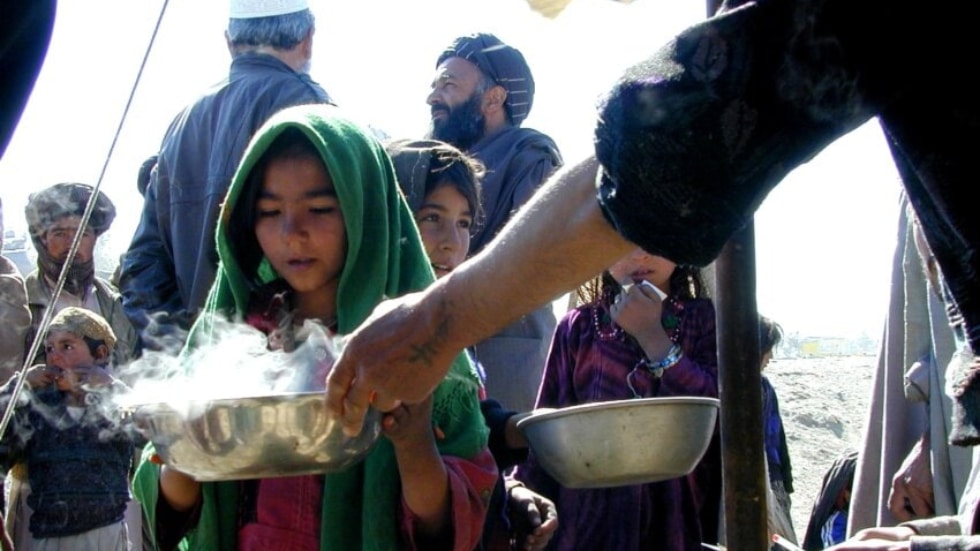The White House has canceled meetings with the Taliban over its refusal to allow young girls to attend high school, scrapping talks intended to address Afghanistan’s crumbling economy and a looming humanitarian catastrophe.
A State Department official confirmed the move on Friday, telling Reuters that Washington called off talks set for Qatar over the weekend after the Taliban-led government made a “deeply disappointing and inexplicable reversal of commitments to the Afghan people.”
“We have canceled some of our engagements, including planned meetings in Doha, and made clear that we see this decision as a potential turning point in our engagement,” the unnamed official said.
On Wednesday, Kabul reversed a previous pledge to open up high schools to Afghan girls, with the country’s education ministry stating the idea would be placed on hold “until further notice when a comprehensive plan, in accordance with Sharia and Afghan culture, is developed.”
The cancellation of the meetings in Doha could have dire consequences for Afghanistan, however, which is in the grips of a massive economic and hunger crisis as millions sit on the brink of starvation.
The delegations were set to discuss a number of related issues, including ongoing restrictions on the country’s central bank, as well as “a humanitarian exchange facility to free up cash and hundreds of millions of dollars of funding currently held in a World Bank Trust Fund,” according to three sources cited by Reuters. Representatives from the World Bank and the United Nations had also planned to attend.
Afghanistan’s economic woes have been caused in no small part by international sanctions and penalties on the Taliban, creating major roadblocks for aid funds as banks are unwilling or unable to process transactions in the country. The Joe Biden administration, moreover, seized more than $9 billion in Afghan central bank reserves held overseas following the Taliban’s return to power last summer, declaring that it would simply keep half of the funds and redistribute them to relatives of victims of the 9/11 attacks. The other half would be generously spent on aid for impoverished Afghans – though it’s unclear when that money will be released.
As the Kabul government reports a surge in infant mortality, UN officials have estimated that up to 95 percent of Afghans are “not eating enough food.” That figure rises to nearly 100 percent for female-headed households, in what the agency deemed a “staggering” and “almost inconceivable” emergency. As of December, at least 1 million Afghan children under the age of 5 were “at risk of dying due to severe acute malnutrition,” according to UNICEF, which cited “the freezing of donor aid” as among the major factors driving the crisis.
The implosion of Afghanistan’s economy comes despite 20 years of ‘nation building’ efforts by the United States and a number of allies, which collapsed in a matter of days after the Taliban rolled into Kabul last August. Though hundreds of billions were spent propping up the government and some businesses, it appears to have had little lasting effect, as up to 75 percent of the Afghan economy remains “based on outside funding,” according to David Beasley, who heads up the UN’s World Food Program.
“The international community, the last twenty or thirty years, has done a disastrous job here,” Beasley told the New Yorker in January, calling for the immediate release of urgently needed aid funds.
“If you unfreeze the money, then you can put liquidity back into the marketplace, and the economy will start to come back up. If you don’t, we’re not going to need to feed twenty-two or twenty-three million people per month – we are going to need to be feeding thirty-five million people… This country will absolutely collapse.”






























